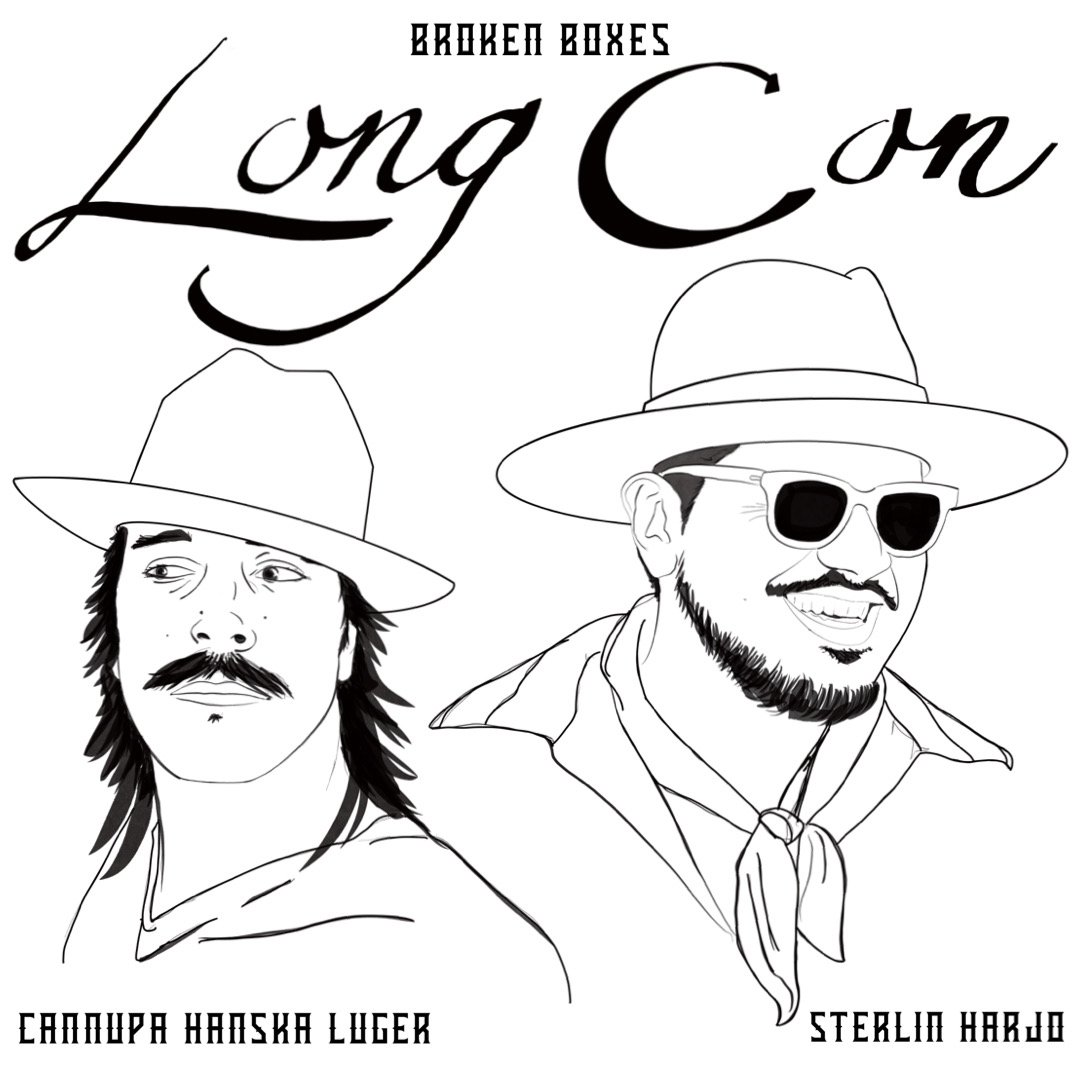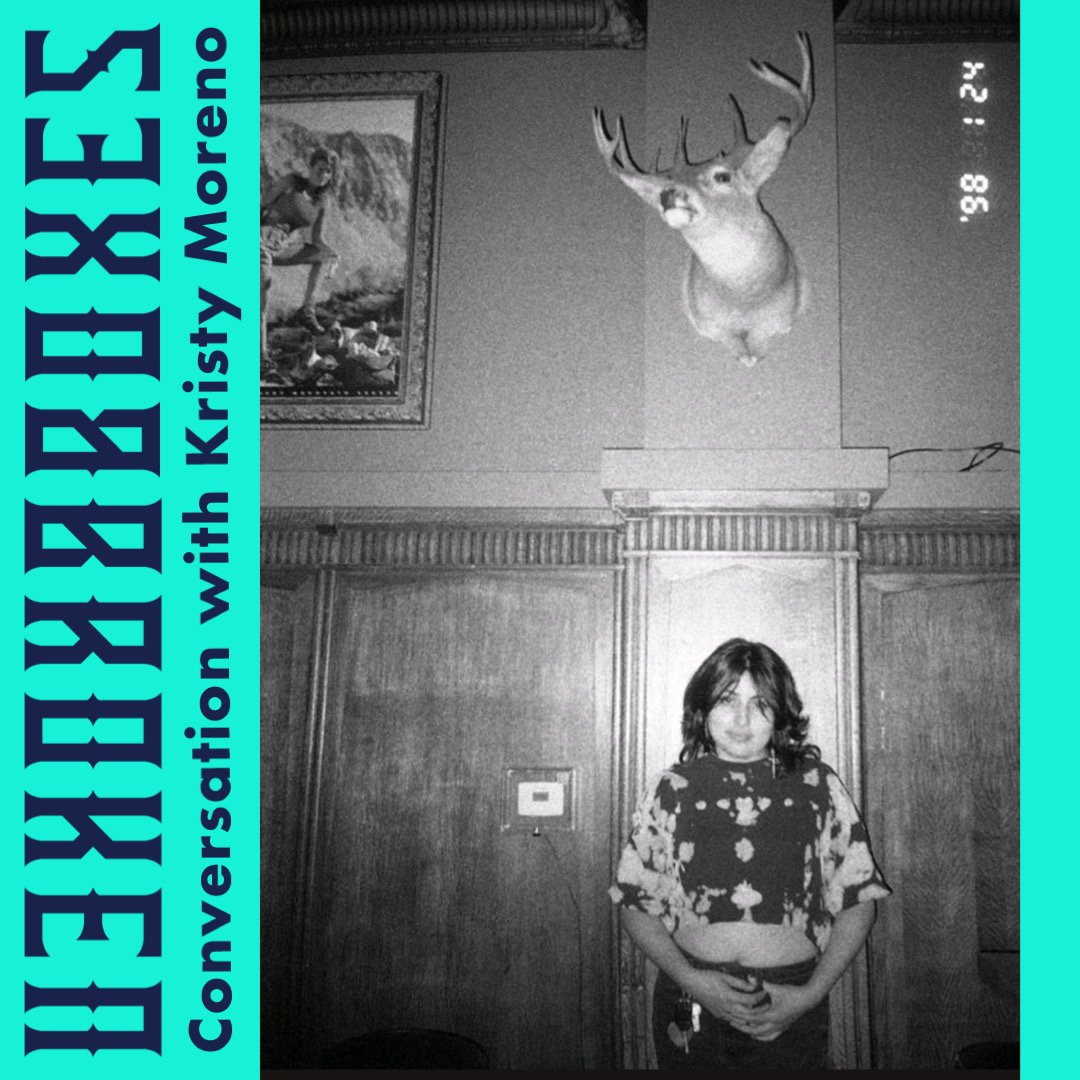Healing Our Collective Imagination: Conversation with Kate DeCiccio
In this episode we get into conversation with artist, educator and creative strategist Kate Deciccio who shares how her practice is a space to unpack the ways whiteness, colonization and the prison industrial complex have harmed our collective imagination. Kate also presents tangible ways we may heal and be nourished collectively by collaborative processes of building through community led abolition and also in personal accountability to whiteness through practices such as somatics.
Justice Calls for a Copless Future, Kate DeCiccio, 2020
Kate DeCiccio is an Oakland based artist, educator & creative strategist. Her work centers portraiture for counter narrative, community storytelling & cultural strategy on behalf of abolition and collective liberation. DeCiccio is from Central Massachusetts where she grew up on occupied Nipmuc territory on her family’s 4th generation farm. She is the 3rd generation of her Polish and Italian ancestors and descends from 11 generations of English colonizers. Before working as an artist full time DeCiccio was a mental health and substance abuse counselor and taught art at San Quentin Prison, St Elizabeths Forensic Psychiatric hospital & Leadership High School. The intersections of creativity, mental illness, addiction and ancestral investigation have been driving themes in her art practice since she was a teenager. DeCiccio is committed to repairing the harm of her inherited legacy and working to heal our collective imagination by learning how to stand squarely in truth, accountability, renewed resilience and unknown possibility. She is currently working on a body of work called Anatomy of the Colonial Fetish & Cynical Pilgrim, stay tuned!
DeCiccio is a Co-Director at Performing Statistics, a project that supports youth organizers to close youth prisons across the country. Her collaborations include work with The People's Paper Coop, The Painted Desert Project, 826 National, Critical Resistance, Survived and Punished, Planting Justice and Dear Frontline. She's been commissioned by Amplifier Foundation to create work on behalf of The Women's March, The Science March and March For Our Lives. Her work has been featured in news and media sources including The Huffington Post, Teen Vogue, The Daily Show, LA Times and Navajo Times. She’s exhibited at Galeria de La Raza, The Mission Cultural Center, The United States of Women, US Botanic Garden, Betti Ono Gallery, INTO ACTION, Interference Archive and Politicon. Her work is in the permanent collections of The Library of Congress and The Center for the Study of Political Graphics.
Song featured: September Song by Agnes Obel
Learn more about the work of Kate DeCiccio:
katedeciccio.com
IG: @k8deciccio
What's happening at Performing Statistics:
www.performingstatistics.org
IG: @performingstatistics
Additional resources:
On Somatics:
Book: My Body My Earth, Dr Ruby Gibson
Book: My Grandmothers Hands, Resma Menakem
https://generativesomatics.org
On Abolition:
https://www.interruptingcriminalization.com
https://criticalresistance.org/abolish-policing/
https://www.commonjustice.org








